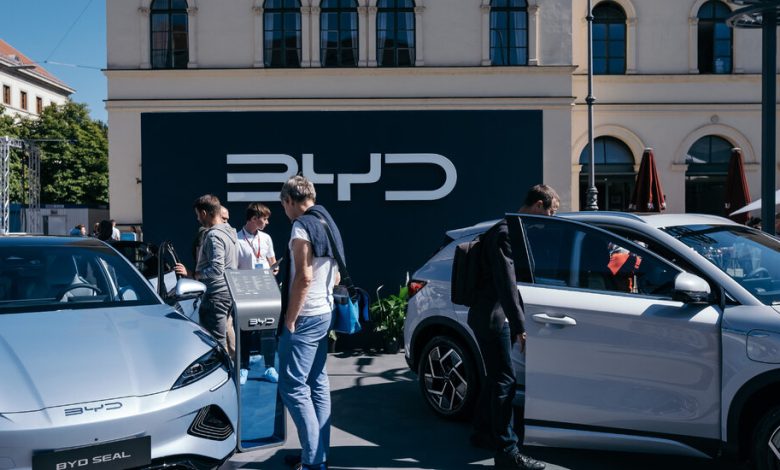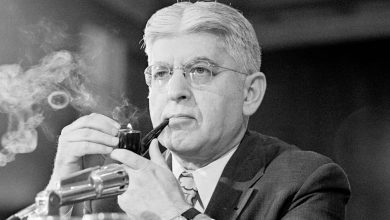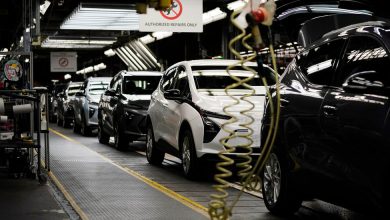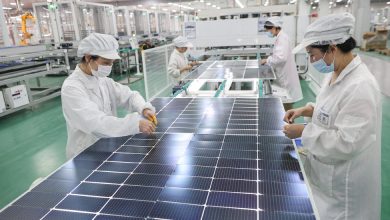BYD, a Chinese Powerhouse in Electric Cars, Will Build a Plant in Hungary

BYD, China’s electric-vehicle juggernaut, said Friday it would build an assembly plant in Hungary, its first production facility for battery-powered cars in Europe and the latest sign of the company’s ambitious plans to expand beyond Asia.
BYD is already the world’s largest maker of electric vehicles, most of them sold in China, and has begun to open dealerships in Europe as it aims to expand sales globally. Last year it sold 1.86 million battery-powered cars, including plug-in hybrids, which have both an electric motor and gas-powered engine. That topped Tesla, which sold 1.3 million electric cars in 2022.
The new production facility will be in Szeged, in southern Hungary, BYD said in a statement. The plant will create “thousands of local jobs” and promote “technological exchanges and innovations between China and Hungary.” But there were no details about the size of the plant, how much money BYD would spend, or when construction would begin.
U.S. and European automakers, which have been rapidly spending billions to retool their plants to build more electric vehicles, are well aware of the threat posed by BYD, Nio and other Chinese car companies. China is the world’s largest automobile market, and the domestic companies have taken advantage of government backing to make huge investments in technology.
In a show of their rising strength, seven Chinese makes were on display in September at the Munich auto show, where BYD unveiled a sleek new sedan and a sport utility vehicle to applause.
European lawmakers recently began an inquiry into whether Chinese automakers have received government subsidies, a step that could lead to tariffs imposed by the European Union. “Europe is open for competition, not for a race to the bottom,” said Ursula von der Leyen, the president of the European Commission. “We must defend ourselves against unfair practices.”
European automakers are responding to the challenge. Volkswagen has invested heavily in China, where it was once the sales leader. And VW was reported by the German newspaper Handelsblatt to be in preliminary talks with Renault about building a low-cost electric vehicle.
Hungary’s prime minister, Viktor Orban, visited Shenzhen, the home of BYD, in October. According to the Shenzhen government website, he visited the BYD headquarters, saying, “Hungary welcomes Chinese-funded enterprises and has a strong willingness to cooperate with you.” For years, Mr. Orban has looked toward countries like Russia and China for economic investment.
But another big Chinese project in Hungary, a $7.8 billion plant by CATL, the world’s largest maker of electric car batteries, has not always gone smoothly. Worries about pollution, a drain on water supplies and an influx of Chinese and other foreign workers led to angry public hearings.
Claire Fu, Melissa Eddy and Keith Bradsher contributed reporting.





